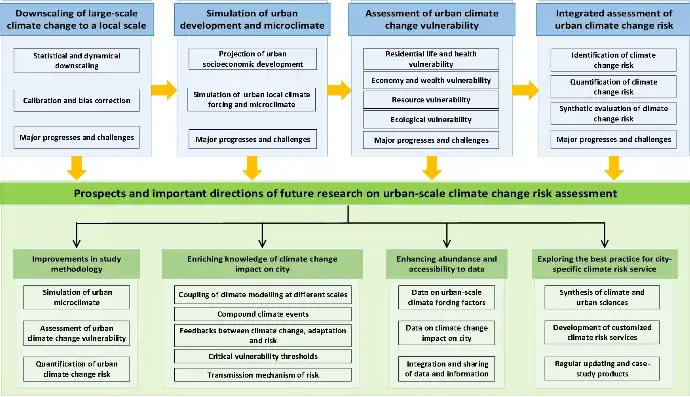Content:
In the era of rapid economic development and increasing environmental concerns, resource utilization efficiency has become a crucial issue for both individuals and organizations. Resource utilization efficiency refers to the ability to maximize the output from limited resources, thereby reducing waste and minimizing the negative impact on the environment. This article aims to explore the concept of resource utilization efficiency, its significance, and various strategies and innovations that can be implemented to enhance it.
1、Definition and Significance of Resource Utilization Efficiency
Resource utilization efficiency can be defined as the ratio of output to input, where output represents the value or benefit derived from the resources, and input represents the resources used to produce the output. This concept is of paramount importance for several reasons:
a. Economic benefits: Efficient resource utilization can lead to cost savings, improved productivity, and increased competitiveness. By minimizing waste and optimizing the use of resources, organizations can reduce their operational costs and improve their bottom line.

图片来源于网络,如有侵权联系删除
b. Environmental benefits: Resource efficiency helps to reduce the environmental impact of human activities. By using resources more sustainably, we can minimize pollution, conserve natural resources, and mitigate the effects of climate change.
c. Social benefits: Efficient resource utilization contributes to social well-being by promoting sustainable development and ensuring the availability of essential resources for future generations.
2、Strategies for Enhancing Resource Utilization Efficiency
There are various strategies and techniques that can be employed to improve resource utilization efficiency. Some of the key strategies include:
a. Waste reduction: Identifying and eliminating waste is a fundamental step in enhancing resource utilization efficiency. This can be achieved through waste minimization, recycling, and proper disposal practices.
b. Process optimization: Streamlining processes and improving operational efficiency can lead to significant improvements in resource utilization. This can involve adopting lean manufacturing principles, implementing Six Sigma methodologies, and using advanced data analytics to identify bottlenecks and inefficiencies.

图片来源于网络,如有侵权联系删除
c. Technology adoption: Investing in new technologies can help organizations to use resources more efficiently. For instance, automation and digitalization can reduce the need for manual labor, minimize errors, and optimize resource allocation.
d. Supplier collaboration: Building strong relationships with suppliers can help organizations to access resources more efficiently. By working together, organizations can ensure the timely delivery of quality materials and minimize waste.
e. Employee training and engagement: Educating employees about resource utilization and fostering a culture of sustainability can significantly enhance efficiency. By empowering employees to identify and address inefficiencies, organizations can create a more resource-efficient workforce.
3、Innovations in Resource Utilization Efficiency
In recent years, several innovative approaches have emerged to further enhance resource utilization efficiency. Some of these include:
a. Circular economy: The circular economy is an economic model that aims to eliminate waste and maximize the value of resources. By designing products for durability, reuse, and recycling, organizations can minimize resource consumption and waste generation.

图片来源于网络,如有侵权联系删除
b. Smart grids: Smart grids utilize advanced technology to optimize the distribution and consumption of electricity. By integrating renewable energy sources and improving energy management, smart grids can enhance resource utilization efficiency.
c. Industrial symbiosis: Industrial symbiosis is a collaborative approach where one industry's waste becomes another industry's resource. By fostering partnerships between industries, resource utilization efficiency can be significantly improved.
d. Virtual water: Virtual water refers to the amount of water used to produce goods and services. By understanding and managing virtual water flows, organizations can reduce their water consumption and enhance resource utilization efficiency.
4、Conclusion
Resource utilization efficiency is a critical issue that requires the attention of individuals, organizations, and policymakers. By adopting effective strategies and embracing innovative approaches, we can maximize the value derived from limited resources while minimizing the negative impact on the environment. Enhancing resource utilization efficiency is not only beneficial for economic and environmental sustainability but also contributes to social well-being and the creation of a more sustainable future.
标签: #资源利用效率英文翻译


评论列表